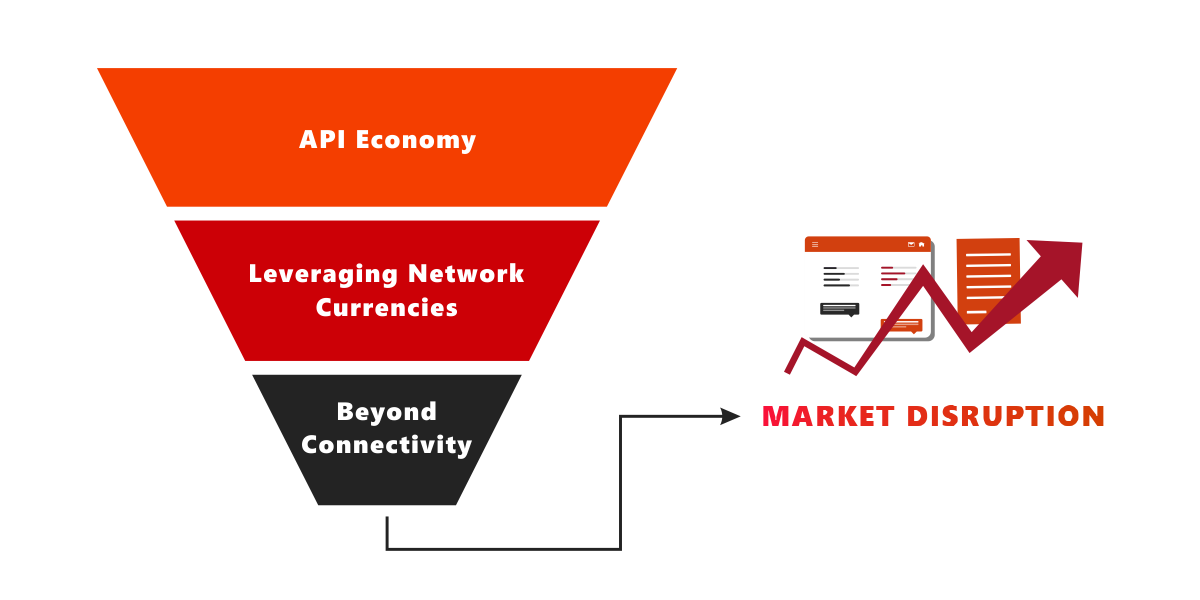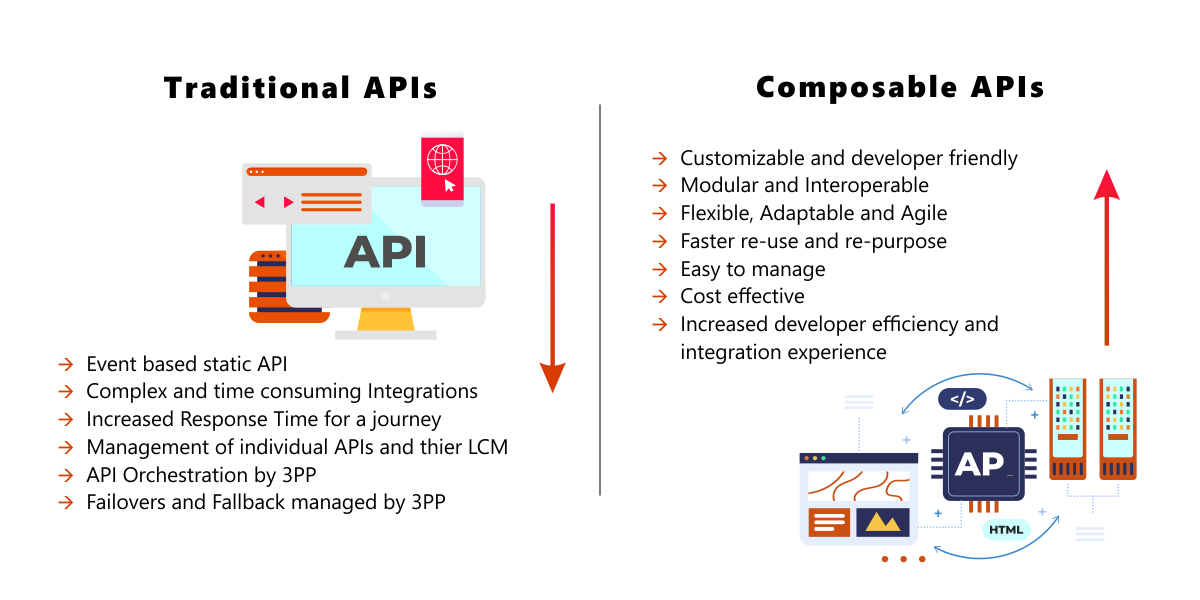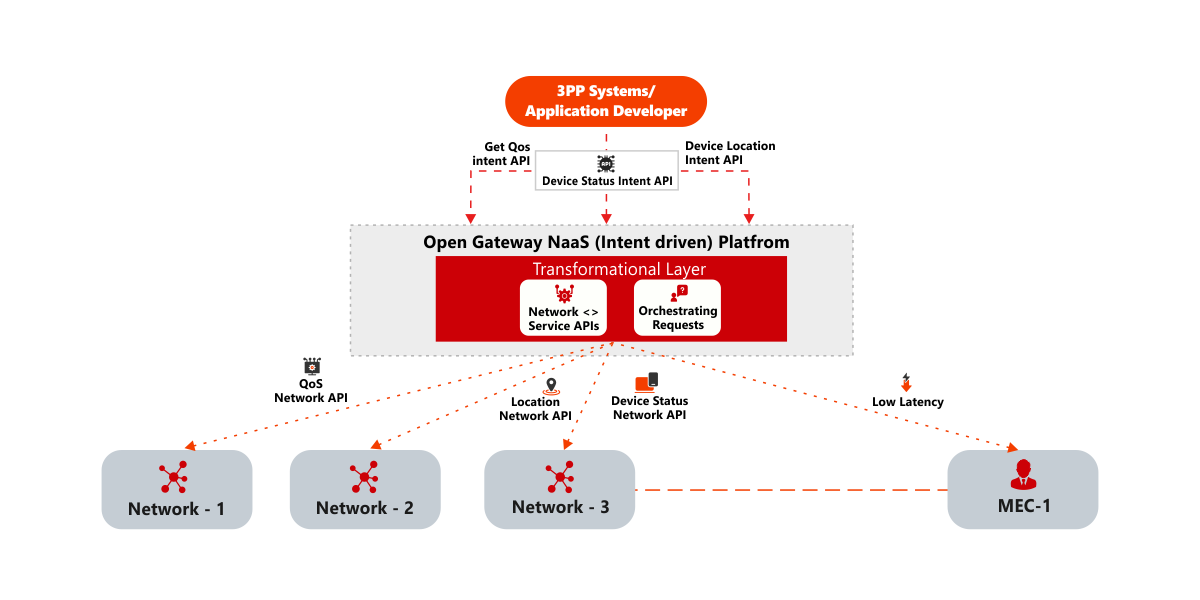Current trend and problem statement
The rise of smart devices and applications has led to a paradigm shift in business and monetization models. This ecosystem is becoming more digital and can fulfil on its promise only if it has access to the network and its inherent intelligence. In its essence, it needs to be aware of network, to be able to demand the services it needs for optimal user experience. For that, enterprises are dependent on the technological and underlying connectivity to achieve their business goals.
Amidst increased competition and to generate new revenue levers, enterprises are going “beyond connectivity” to disrupt the market by giving elevated user experience and keeping up the pace with business needs. On the other hand, telco-vendors and service providers are also opening their networks to these enterprises to ensure best connectivity and to leverage network currencies (like data bandwidth, latency, real-time location access, and many more) for increasing their annual recurring revenue.

Smart devices/ applications, hyperscalers and other B2B2X users consume the complex, ever-increasing and evolving network-APIs to cater to the customer demands and emerging technologies. With the help of real-time consumption of network currencies, enterprises produce the business results. These network-APIs are abstracted and transformed into simpler service-APIs by the API transformational layer for the northbound 3PP applications/ devices to consume. However, these service APIs are very high in number for the Enterprises and the Application developers to consume, integrate and orchestrate to fulfil an end-to-end journey.
Solution
Composable APIs is a framework that allows enterprise/ telco developers to combine piecemeal APIs into an aggregated asset to create easy business flows. Bypassing the one-fit-for-all solution, developers can decide the composition and aggregation of such microservice APIs to meet the required objectives. This eliminates the need and effort to create such APIs from the baseline.
A simple comparative view between traditional APIs and Composable APIs from 3PP-system application development and integration perspective:

In this world of API-led network connectivity, composable API framework provide a simplified and secure interface for application developers and ML/AI-led software to consume network assets on-demand basis. Harmonizing multiple network-aware complex APIs together into composable service-APIs not only simplify integrations but enable developers in innovating and transforming their business at a large scale.
Below sample images show difference between flow for traditional and composable APIs:
With Traditional APIs

With Composable APIs

A Few Use Cases
- Traffic Control Management system where smart cameras are installed for monitoring Whenever any rule is breached, the application can demand for a higher QoS to capture the image and vehicle number, get the current location of the vehicle, generate a notification to the vehicle owner and charge the penalty as part of the mobile carrier bill.
- In a goods manufacturing plant where smart cameras and applications detect anomalies, trespassers, rule violations, machinery health/ status and many more. On anomaly detection, high performance/ resolution is required by the camera to check the unsuality and status of a particular machinery.
In both the cases, the smart camera/ application chooses to trigger a composable Intent API request to fulfill all the above actions as opposed to multiple atomic API requests. This makes integration easy, flexible and achieve faster TTM.
Conclusion
Simply put, composable APIs are like custom lego bricks on a static building block that connects and combines smaller individual component into a single one to help create an entire business process. These APIs constantly evolve to meet the business needs of the enterprises and thus helping application developers increase its adaptability for easier and faster integrations.
Therefore, composable APIs gives simplicity in development and integrations with the Intent Driven Platform to derive business outcomes faster.
